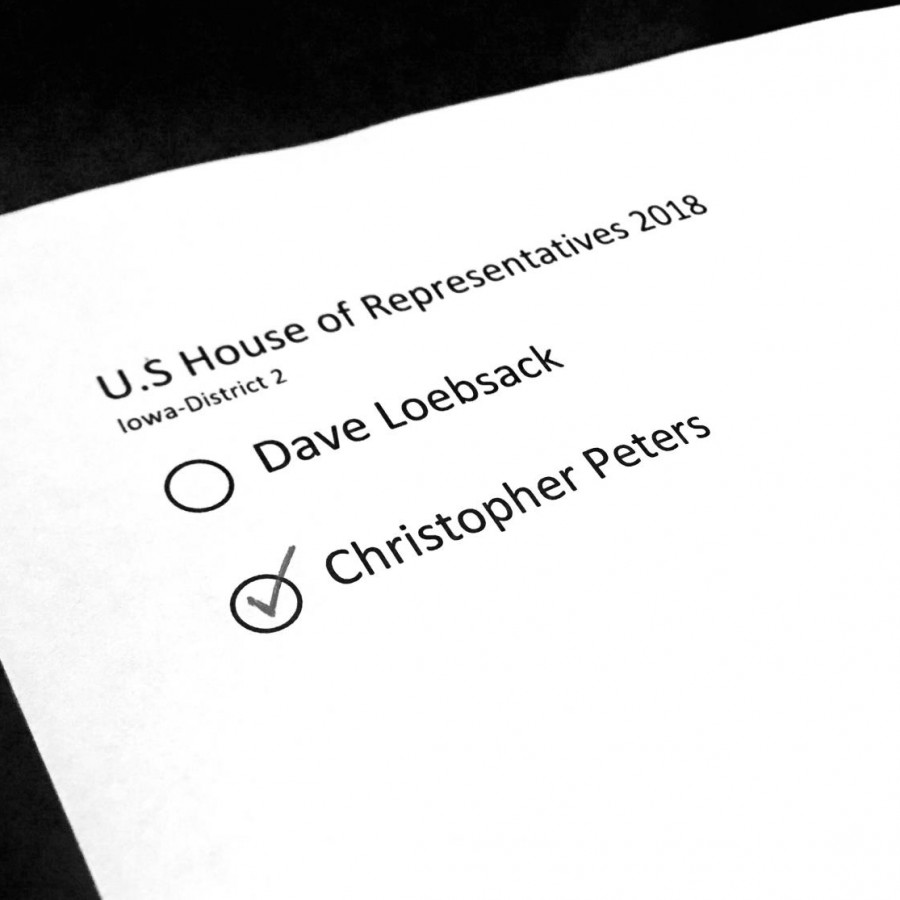“Them,” ‘those people,” and “the others.” One goes onto Twitter and sees opposing parties and groups lumped together and then lambasted. The terms “Nazi,” “Social Justice Warrior” and “racist” are thrown around incredibly often as labels for those with dissenting opinions. Group polarization is nothing new in politics; however, in the context of today’s times, it is especially dangerous. We must recognize why it is inappropriate to group people together, especially under such derogatory terms.
To label your opposition as “the other” is incredibly easy to do. Our brains naturally see patterns and put them together. We have political parties for this reason—like minded people come together because they seem to agree on certain things. The next step, however, is the misstep. Prescribing motivations based on a group or labeling one to be in a group before truly learning his or her stance on an issue fails to fully understand what is going on. This is because people are wildly different, even those within a group. To generalize all those within a group shows that one is either malicious—because it is politically expedient to label those who disagree with you “Nazis”—or just lazy.
To deem one set of ideas as “the other” is to operate in a totality and deny any truth to their claims. Totalities are wrong. There are always two sides to a coin: heads to tails, light to dark, and good to bad. So, when people call all illegal immigrants drug dealers or all white men racist, recognize these claims are false.
In addition, denying any truth to the opposition’s claims can prevent you from learning and growing. There is an opportunity to learn from everyone, and all positions often have at least a kernel of truth. Your assumptions and positions may not be complete, and denying “the other” can prevent you from better improving your own ideas. I’m not attempting to say there is much to learn from a true Nazi, but rather, that even at its start, abolition, was a fringe movement. People labeling abolitionists as “the other” put them on the wrong side of history.
Oftentimes, when you labels a group as “them” or “the other,” it is to say that you would never be apart of such a group. To say this is, again, to deny reality. People’s motivations are complex, so much so that no one could ever know the full extent of one’s own motivations. To deny your potential to be apart of “the other” fails to recognize the fact that if your experiences were different, you very well could be apart of “the other.” I’m not attempting to say Nazis are simply a result of a different upbringing, but that there is potential for evil within all of us, and to deny that is to desperately turn a blind eye to human history.
In a recent article from the New York Times, David Brooks said the best remedy for fanaticism is compassion, that most fanatics are “lonely and sad, their fanaticism emerging from wounded pride, a feeling of not being seen,” and that the best way to engage a fanatic is “with love.” Brooks was correct in asserting that civility is needed to engage a group, especially a radical one, in discourse; however, his interpretation of fanatics as lost sheep in need of love misses the mark.
People have different solutions to different problems—to assume another’s solution to a problem is wrong or fanatical because you view the issue differently is a misstep. For example, with the issue of “open borders” vs “closed borders,” the two solutions are contrasting, but they both attempt to solve a problem: economic stagnation being the problem addressed by open borders, and cultural identity as addressed by closed borders. There is no single correct answer unless the problem is specified. Brooks, however, asserts that there is a single right answer—his—and that fanatics must be brought back to the light of his thinking. This sort of analysis from Brooks is valuable because it attempts to solve the problem of polarization but, fails to recognize that a greater humility is necessary, especially in regards to one’s own views, if a higher level of discourse is desired.
There are practical steps to be taken in regards to group polarization and ideological bubbles. There is an app for the iPhone, called “Read Across the Aisle,” which attempts to bridge ideological gaps by providing a variety of sources to read. As you read one “side of the aisle,” there is a point added to a gauge either in the red or blue direction, to denote whether the source is conservative or liberal-leaning, respectively. The app allows readers to stay aware of what they read, and also makes suggestions to “read across the aisle.”
Ideologies are nothing more than parasites. Group polarization and the labeling of the opposition as “the other” is a direct result of the growth of ideologies. Moving forward, there must be a recognition that there is no such thing as a true comprehensive world view, and that if we continue to label our opposition as “the other,” our politics will only suffer.




















Will • Oct 26, 2017 at 11:53 am
Interesting
Will Bogner • Oct 26, 2017 at 11:49 am
Strong wording and great article with a convincing opinion. Good work
Justin Harrington • Oct 26, 2017 at 8:43 am
This article was really well written. It had a strong claim with good reasoning and evidence to back it up. Keep it up Collin!
Mitch Richlen • Oct 26, 2017 at 8:39 am
He shows how much he cares about the subject.
Kyler West • Oct 26, 2017 at 8:34 am
I thought the start was very catchy and that the writers did a great job of getting you interested in the story
Max Royer • Oct 26, 2017 at 8:30 am
very strong arguments